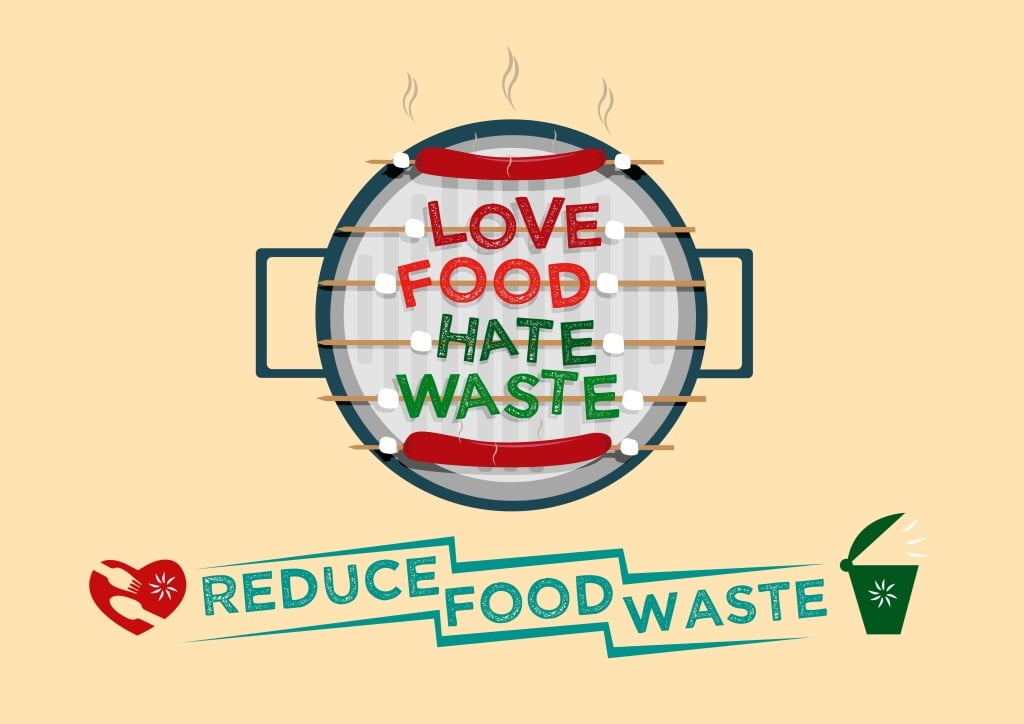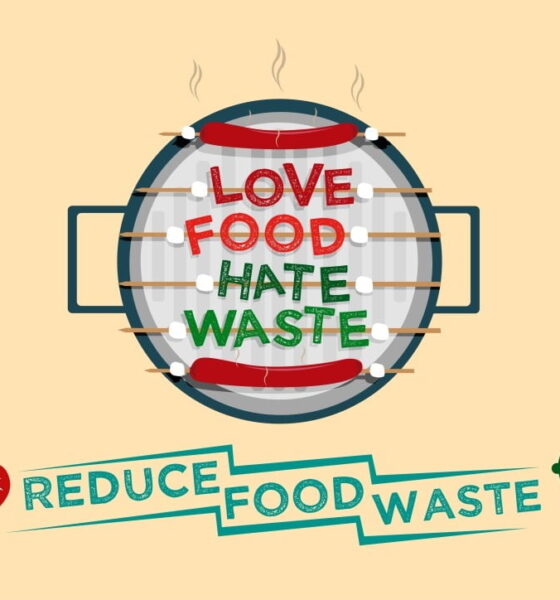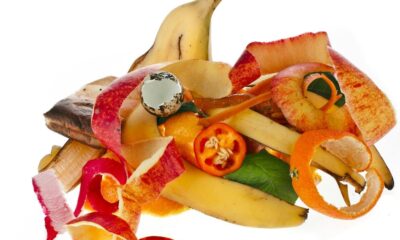

Editors Choice
What Can Homeowners Do to Reduce The UK Food Waste Crisis?
Food waste creates a huge strain on the environment, as more food is produced to meet unnecessary demand. This extra food production involves tons of extra pesticides and deforestation to sustain the market’s wasteful appetite. And it’s more than just an environmental crisis.
Almost a quarter of parents with children aged 18 and under are struggling to make ends meet, and so end up skipping a meal due to a lack of funds for food. The study published by anti-food poverty charities surveyed more than 2,000 adults in the UK, and also found that 13% of those polled had gone without eating for a whole day during the last 12 months. It was also found that families are having to pay more for food in the past three months, compared to the same period a year ago.
Despite this, Londoners wind up throwing away 900,000 tons of food from homes, 60% of which is fine to be consumed. Food waste can cost the average person £200 a year, with a family of four throwing more than £700 worth of food away. But what can we do to reduce this amount of waste created?
Make the most of fresh produce and stock up on foods with a long shelf-life.
Fresh produce such as fruits and vegetables may expire the week you buy it, but you can preserve them and stretch out their shelf life. Overly soft fruit can be used in a number of recipes rather than being thrown out, while vegetables that are going a little soft can be used in stir-fries and soups. In both cases, overripe fruits and vegetables can be made into juices and smoothies, or frozen for future use, all of which dramatically extend the expiry date. Simply canning or pickling fresh produce is another way to keep your fruits and vegetables preserved for months at a time, and is something you can easily do at home on a Sunday afternoon.
On top of this, stocking up on foods with a long shelf-life can help reduce the amount of food waste you produce at home. Foods like lentils, white rice, and dried beans can, in theory, last indefinitely, if stored correctly; however, due to its higher oil content, brown rice will turn rancid after 6-8 months. Powdered foods are also non-perishable, and many have now been developed to contain all of the vitamins and minerals the body needs; UK-based company Huel, for example, sells ‘nutritionally complete’ powdered food.
Understand expiration dates on all foods.
By law, food must have an expiration date printed on its packaging; however it’s important to note that many foods will last well past their date. While these dates serve a purpose to prevent consumers getting ill from bad food, it’s important to remember that food manufacturers give themselves a margin of safety. This means that the food is still usually safe to eat at least a couple of days past the use-by date.
There are some foods that can last significantly longer if stored correctly, such as eggs, which have a shelf life of 28 days from the day they have been laid. If you’re unsure whether your eggs are still safe to eat, simply place them in a bowl of cold water; if they sink, they’re fine to eat, but if they float, they should be thrown out. Hard cheeses, such as cheddar and parmesan can also be eaten after their best before dates, provided you cut off any mold. However, soft cheeses such as cottage cheese can harbor nasty bacteria, so should be binned if mold has started forming.
While solving the food crisis may seem daunting, it’s important for every household to do their bit if we are to get closer to a solution. One of the best ways to reduce the amount of food thrown away is to only buy and cook what is needed, which can massively reduce the amount of food that is left to go to waste in fridges. However, if you find you have too much food at home, donating to shelters and charities is another easy way to help reduce the amount of food you waste every week.
Many food charities, such as the Trussell Trust, work alongside supermarkets to help make donations much easier, with collection points across the country. Long-life foods, such as cereals, soups, pasta, rice, beans and tinned fruits and vegetables can all be donated, along with essential non-food items such as toiletries and hygiene products. This is then passed on to food banks to help those in need—the growing number of families struggling to put food on the table.




















